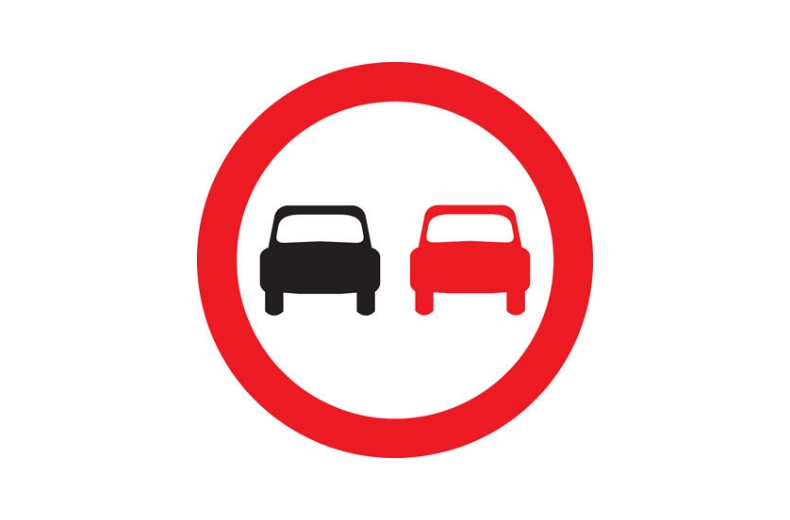Đề số 31 ôn luyện vào 10 môn Anh Sở TPHCM
7/13/2024 6:00:00 AMThey will hold a meeting in the large room _____ Sunday morning.
- in
- on
- at
- of
Everybody in the house woke up when the burglar alarm ____.
- went out
- went off
- came about
- rang off
Jenny reminds me _____ that famous actress we saw on television last night.
- about
- to
- of
- with
- disappointed
- worried
- optimistic
- sociable
The villagers had to work hard in the fields all day and could _____ make ends meet.
- easy
- hard
- harder
- hardly
Becoming a doctor isn't easy. _____ to many years of studying medicine, you have to deal with uncomfortable situations all the time.
- However
- Therefore
- In addition
- But
She often goes to the _____ to pray because her religion is Islam.
- mosque
- pagoda
- church
- temple
The government ________ the earthquake victims with food, clothes, and medicine.
- carried
- offered
- gave
- provided
Mrs. Brown and Mr. Beckham are talking in the dining-room.
Mrs. Brown: "Make yourself at home."
Mr. Beckham: “________”
- It doesn't matter.
- That's OK. Don't worry!
- You can come any time.
- It's very kind of you. Thanks.
Jenny is telling Danny, her aunt, about her band 7.5 in IELTS test.
Jenny: Guess what? I have got band 7.5 in IELTS test I took last week.
Danny: _____
- That’s a great idea. Congratulations.
- Well done. You deserved it.
- Lucky you!
- It’s kind of you.
What does the sign say?

- High speed driving is allowed if the road has clear visibility.
- Vehicles can overtake in highways.
- You can speed up to overtake other vehicle and return to the line of traffic.
- The road is too narrow for safe overtaking.
What does the sign say?

- You have to pay careful attention to your steps.
- You should use stairway in case of fire.
- You should use handrails when ascending or descending stairs.
- In fire emergency you shouldn't use elevator.
CLIMATE and CHARACTER
Does the climate of a country really (0) affect the behaviour of the people who live in it and help to create its culture? Have you ever heard of people from hot countries being described "warm and friendly" while those from places with low temperatures and grey climates are sometimes called "cold and distant"?
The people who live in colder climates tend spend much more time at home television or wondering what colour to paint the living room. As a result of their being "shut in" at home for most of their lives, perhaps they also develop personalities to match. Maybe they tend to be expressive in their everyday lives.
In , we see that people who live in warm and sunny countries spend much more time outdoors. In squares all over southern Europe, for example, we can see hundreds of people during the day drinking coffee in cafés and chatting. It certainly seems as if climate affects behaviour, you have to be careful not to generalise too much.
Read the passage and choose the correct answer to each question.
Sometimes you know things about people the first time you see them, for example, that you want to be friends with them or that you don’t trust them. But perhaps this kind of intuition isn’t as hard to explain as it may seem. For instance, people give out their body language signals all the time. The way you hold your body, head and arms tells people about your mood. If you hold your arms tightly at your sides or fold them across your chest, people will generally feel that you are being defensive. Holding your head to one side shows interest in the other, while an easy, open posture indicates that you are self-confident. All this affects the way you feel about someone.
Also, a stranger may remind you of a meeting with someone. This may be because of something as simple as the fact that he or she is physically similar to someone who treated you well or badly. Your feelings about a stranger could be influenced by a smell in the air that brings to mind a place where you were happy as a child. Since even a single word can bring back a memory such as that, you may never realize it is happening.
What is the main idea of the passage?
- Making friends after one meeting
- Showing your feelings with a stranger
- Feelings at the first meeting
- Using body language to tell your mood
What one feels about a stranger may be influenced by something that _____.
- revives one's past memories
- points to one's childhood
- strengthens one's past behaviors
- reminds one of one's past treatment
Knowledge influences your impression of a person you meet for the first time.
Intuition described in the passage can be explained by means of signals.
Crossing your arms is not a protective posture.
The second paragraph discusses factors that may influence one's feelings about a stranger.
Complete the sentence by changing the form of the word in capitals.
The organization I work for deals with the of wildlife. (PROTECT)
Use the word in brackets to form a new word that fits into the blank in each sentence.
She is a very (CAUTION) driver and never goes over the speed limit.
Use the word in brackets to form a new word that fits into the blank in each sentence.
The company have received many (COMPLAIN) about their new products.
Complete the sentence by changing the form of the word in capitals.
I lost my keys but, , my mom was able to find them. (FORTUNATE)
Use the word in brackets to form a new word that fits into the blank in each sentence.
The money they get from donations will them to buy more equipment. (ABLE)
Complete the sentences, using the correct form of the words in brackets.
In many developing countries, water pollution is usually a leading cause of . (DIE)
Rearrange the words in a correct order to make a complete sentence (kéo từng từ/cụm từ về vị trí đúng để tạo thành câu hoàn chỉnh).
Rearrange the words in a correct order to make a complete sentence (kéo từng từ/cụm từ về vị trí đúng để tạo thành câu hoàn chỉnh).
Complete the second sentence so that it has the same meaning as the first.
“Why don’t we go somewhere for a change?” said Mary.
=> Mary suggested ...........
Complete the second sentence so that it has the same meaning to the first.
A couple’s happiness depends on the frequency of communication.
=> The more..........
Complete the second sentence so that it has the same meaning to the first.
It's a pity. I don't have enough money to buy a new bike.
=> I wish I ..........
Complete the second sentence so that it has the same meaning to the first.
He hasn't chatted with his classmates through the Internet for ages. => It's ages .....